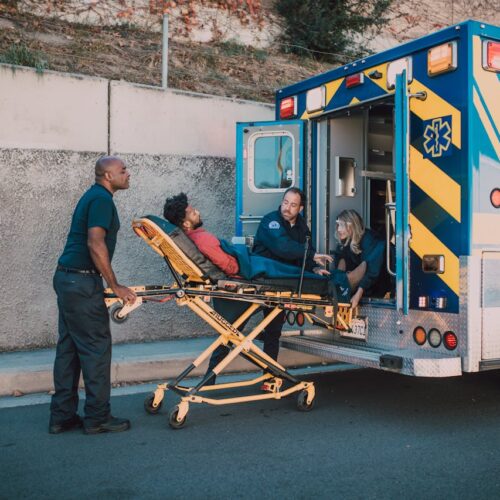Second Chance Act Grant Program
Federally funded resources for state and local efforts to improve reentry outcomes
The Second Chance Act (SCA) supports state, local, and tribal governments and nonprofit organizations in their work to reduce recidivism and improve outcomes for people returning from state and federal prisons, local jails, and juvenile facilities. Passed with bipartisan support and signed into law on April 9, 2008, SCA legislation authorizes federal grants for vital programs and systems reform aimed at improving the reentry process. Since its inception, more than 800 Second Chance Act grant awards have been made to government agencies and nonprofits for reentry programming designed to provide services that can help reduce recidivism and increase public safety. From 2009 to 2019, the CSG Justice Center provided technical assistance to Second Chance Act grantees. For the most up-to-date information on Second Chance Act, please visit the U.S. Deptartment of Justice Office of Justice Programs.
The U.S. Department of Justice’s Office of Justice Programs (OJP) funds and administers the Second Chance Act grants. Within OJP, the Bureau of Justice Assistance awards SCA grants serving adults, and the Office of Juvenile Justice and Delinquency Prevention awards grants serving youth. Since 2009, more than 800 awards have been made to grantees across 49 states.
From 2009 to 2019, the CSG Justice Center provided technical assistance to Second Chance Act grantees. For the most up-to-date information on Second Chance Act, please visit the U.S. Deptartment of Justice Office of Justice Programs.
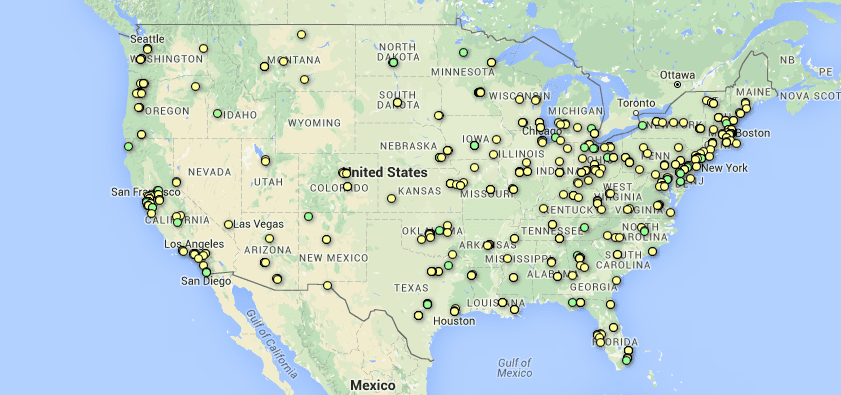
FAQ
Who is eligible to apply for grants?
Depending on the specific Second Chance Act grant program, state and local government agencies, federally recognized Indian tribes, and nonprofit organizations may be eligible to apply. Please review the pages on each grant program to determine eligibility.
When can I apply for grants?
Solicitations for Second Chance Act applications are typically released throughout the first half of each calendar year.
Does the program apply to people reentering from federal prison?
Yes. Grantees receiving Second Chance Act funds may use those funds to provide assistance to people returning to the community following incarceration, including incarceration in a federal prison.
Is it allowable to assist exonerees under a Second Chance Act program?
Yes. Grantees receiving Second Chance Act funds may use those funds to provide assistance to exonerees, along with other individuals returning to the community following incarceration.
How can I find Second Chance Act programs near me?
The National Criminal Justice Initiatives Map has information on where grantees of the Second Chance Act and other federal grant programs are located.
Technical Assistance
The CSG Justice Center has provided training and technical assistance to government agencies and nonprofit organizations that were selected to receive grants under the provisions of the Second Chance Act.
As a result of this work, CSG Justice Center produced a set of Reentry Technical Assistance Tools designed to help policymakers and practitioners improve reentry services.
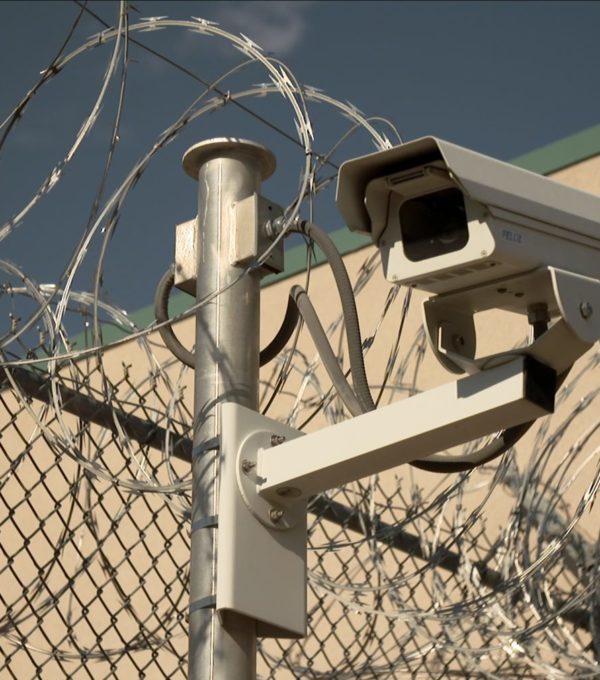
Following four principles of corrections system improvement—organizational development, use of risk and…
Read More
“I have the motivation to be in control of my own choices—for…
Read More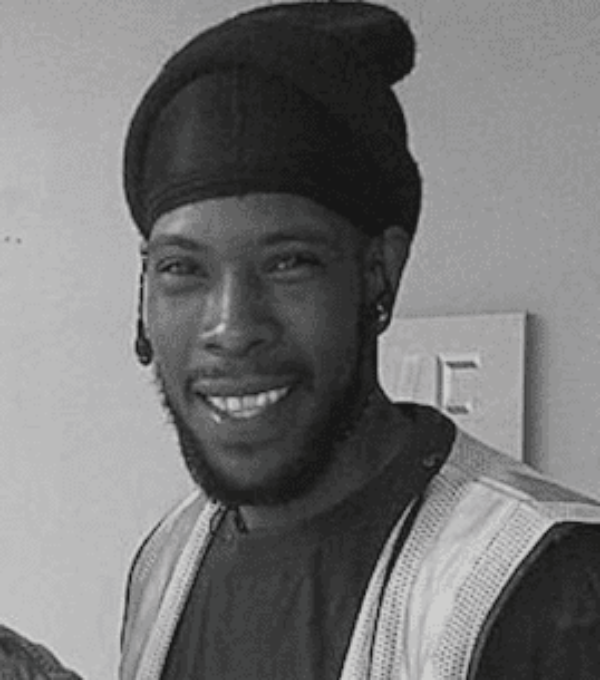
Byron Davis used the end of his sentence in Limestone Correctional Facility…
Read More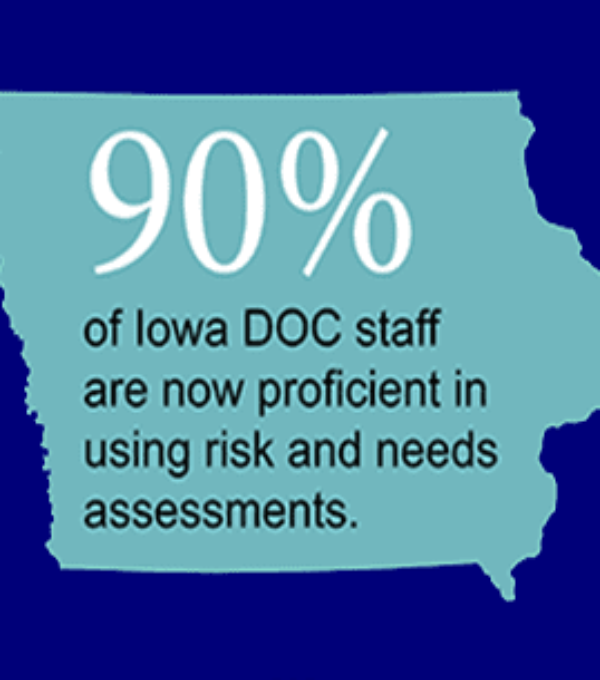
Following four principles of corrections system improvement—organizational development, use of risk and…
Read More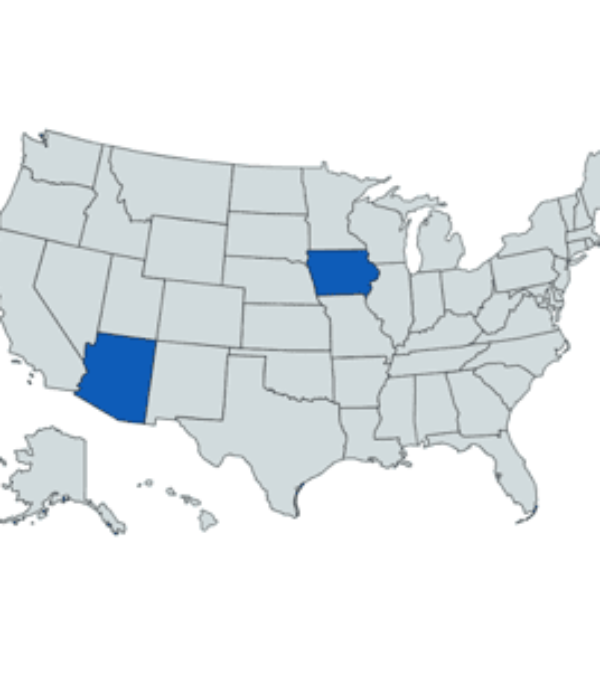
As the corrections and community supervision paradigms shift toward implementing evidence-based practices…
Read More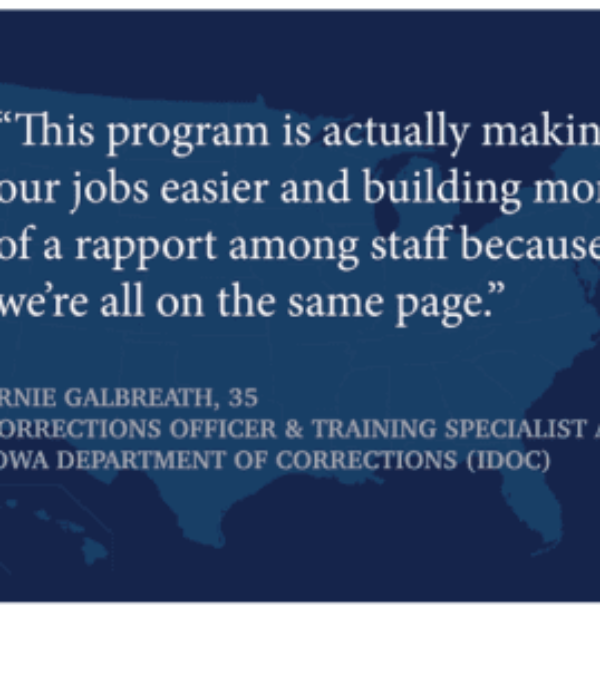
By focusing the job of corrections officers on reducing recidivism, the Iowa…
Read More
“They knew I had a record, but I was never judged,” Haley…
Read More
The Middlesex, Massachusetts, Sheriff’s Office opened a new jail unit specifically for…
Read More
“The connections through Pathfinders [are] really what made the difference for me,”…
Read More
A 55-year-old U.S. Army veteran, Ronald Forbes is on the brink of…
Read More
Staff and a program participant of the Middle Tennessee Rural Reentry (MTRR)…
Read More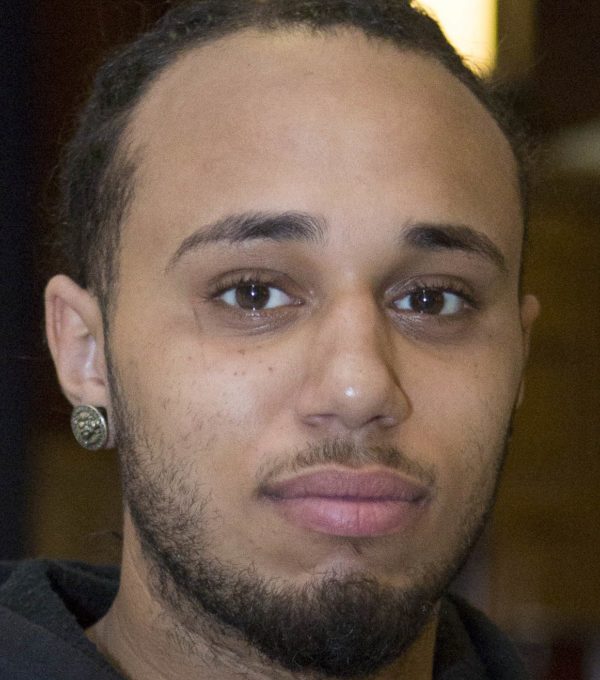
When Jamel Bonilla (pictured left) was released from the Middleton House of…
Read More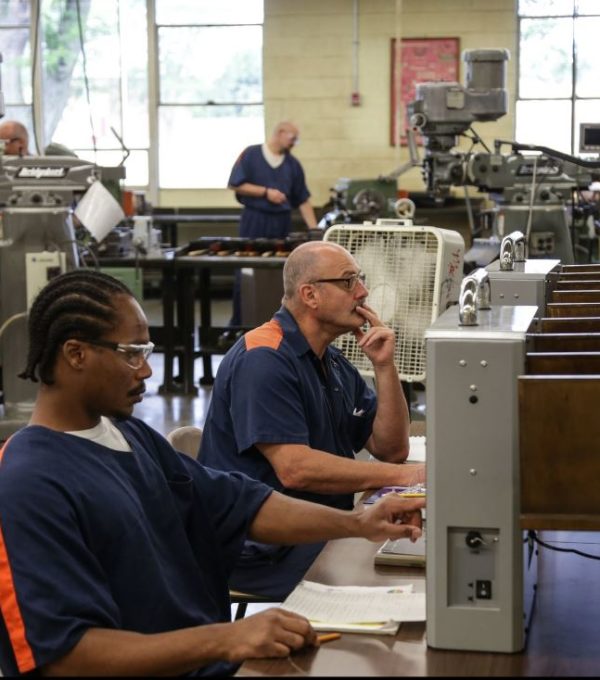
As of September 2017, 51 Vocational Village program participants had been released…
Read More
The Minnesota Department of Corrections was one of five organizations in the…
Read More
When Sharon Hadley arrived at Santa Maria Hostel in July 2012, she…
Read More
With Second Chance Act grant funding, Santa Maria Hostel began employing recovery…
Read More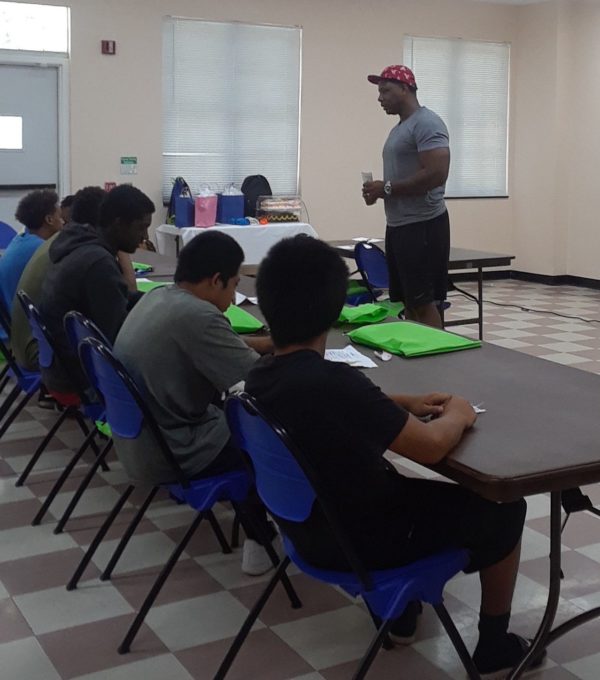
The Back to a Future program, based in Palm Beach County, Florida,…
Read More
Staff at the CSG Justice Center talked to three reentry programs with…
Read More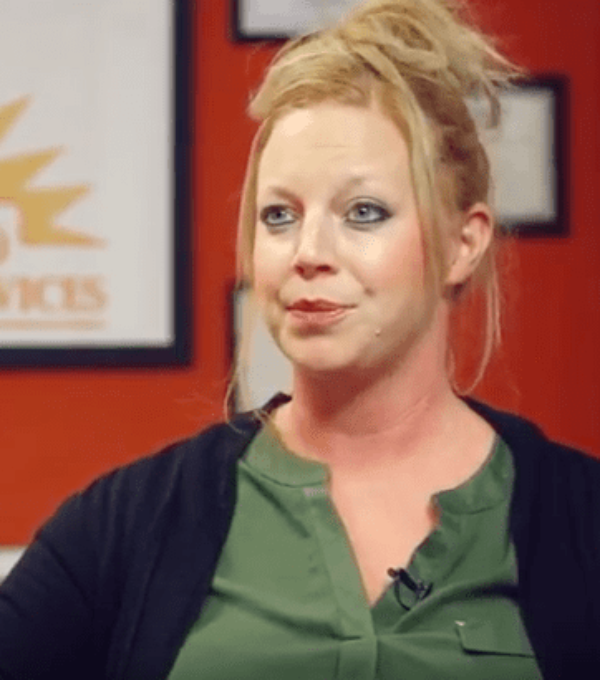
As the leaders of Old Pueblo Community Services (OPCS) can attest, the…
Read More
“I’ve been in and out of jail for the last 20 years,…
Read More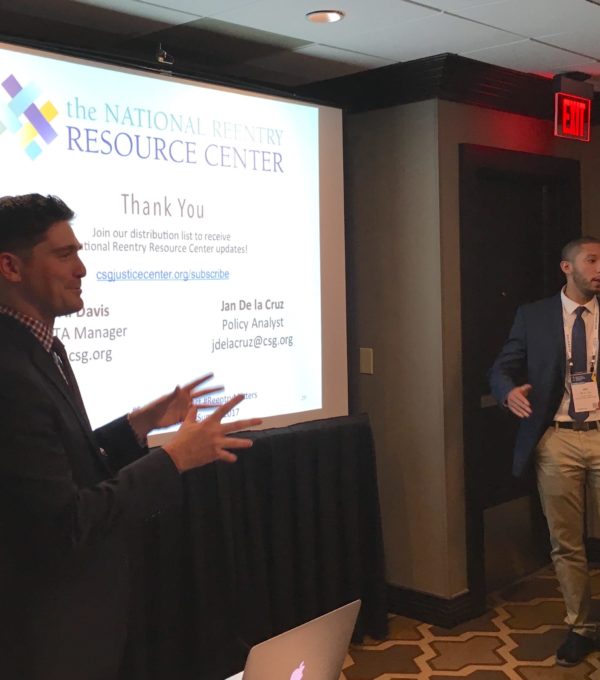
Held in Washington, DC, in early February, the National Mentoring Summit featured…
Read More
New Beginnings, a 2011 and 2014 Second Chance Act-funded program of the…
Read More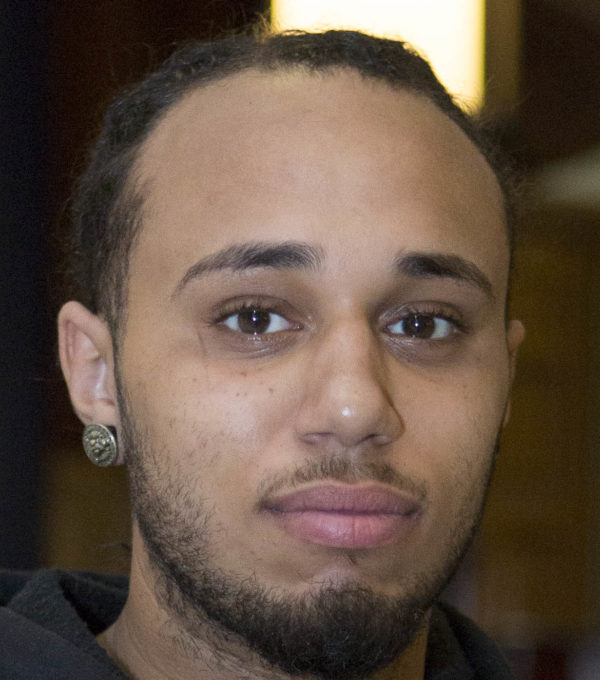
In 2012, young adults accounted for 10 percent of the U.S. population…
Read More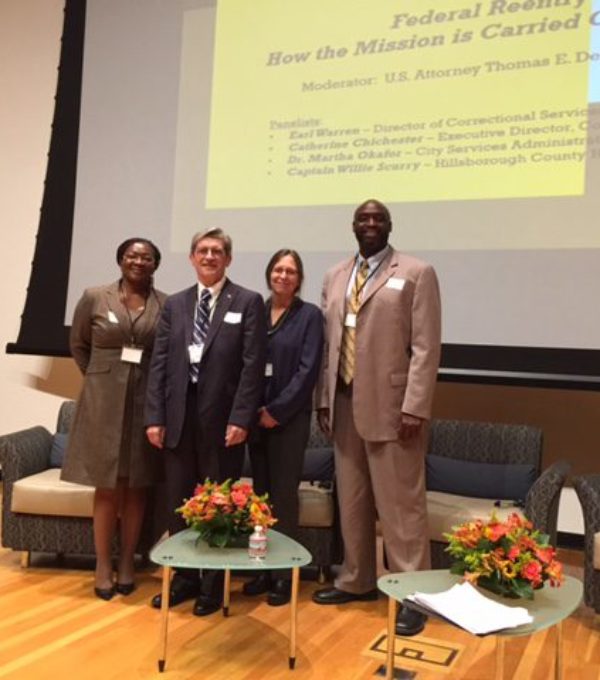
The conference, which was hosted by United States attorneys of the six…
Read More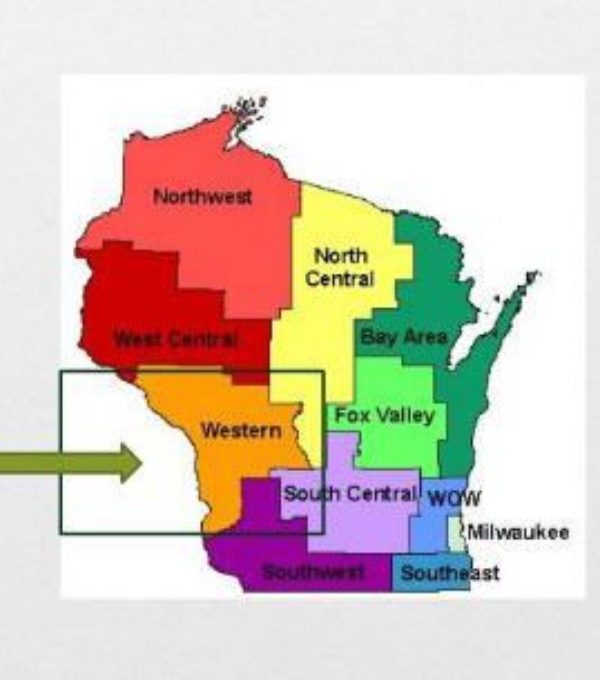
Low recruitment numbers. Poor attendance. Lackluster quarterly reports. These are concerns that…
Read More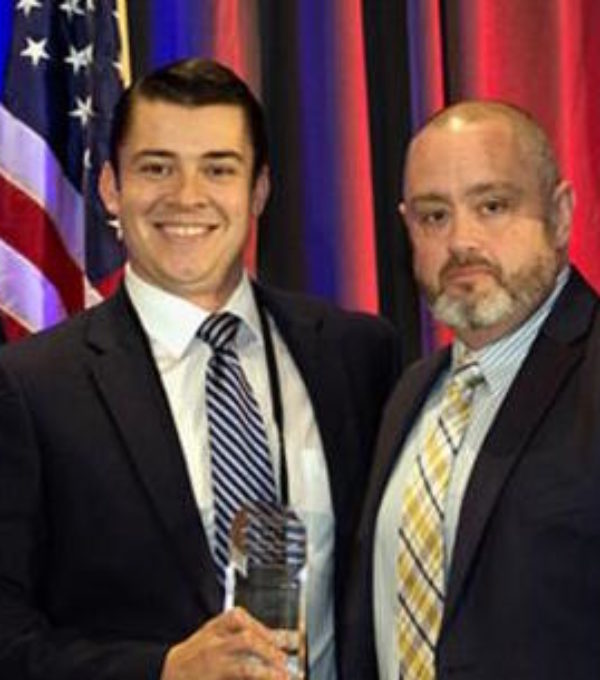
The Connection Inc., a Connecticut-based nonprofit organization, was one of five organizations…
Read More
UTEC and Roca, two Second Chance Act grantees based in Massachusetts, were…
Read More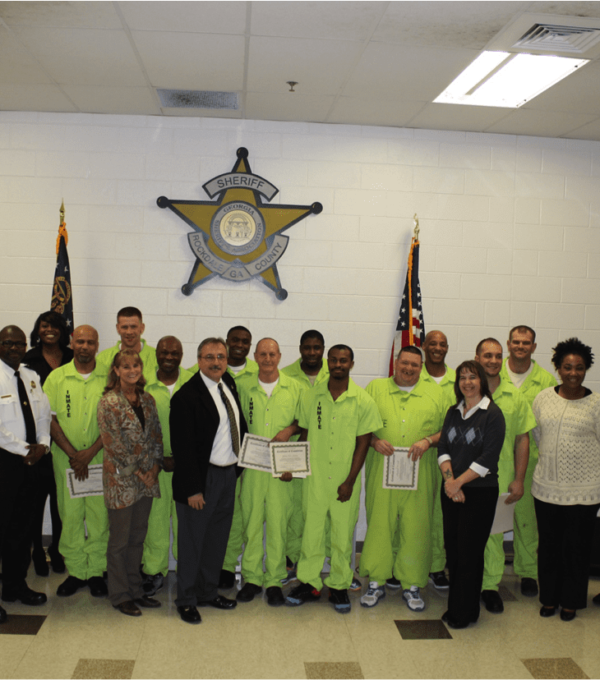
“We really became committed to reentry,” said Rockdale County Lieutenant Dennis Pass.…
Read More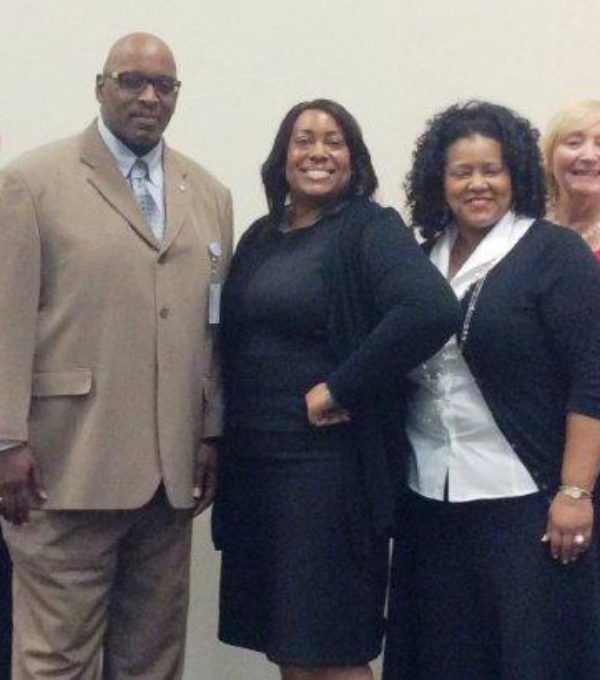
In 2011, Georgia resident Jennifer DeWeese knew very little about the juvenile…
Read More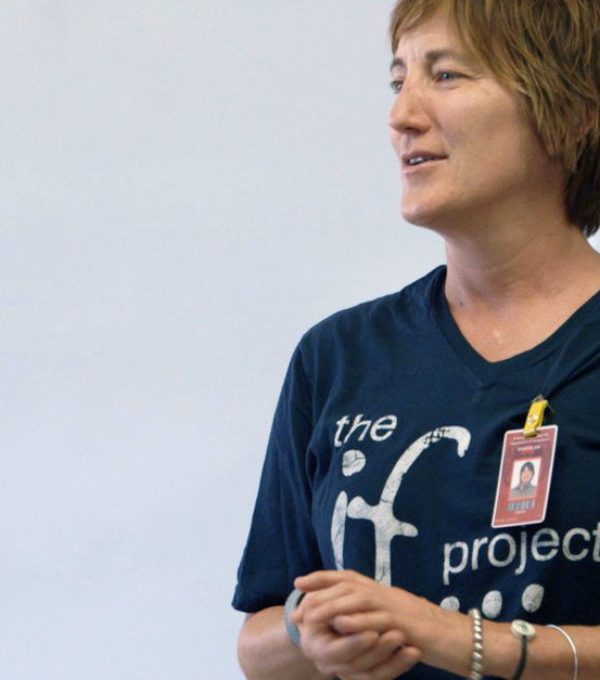
“The phrase ‘law enforcement’ pigeonholes the enforcement, but policing is about being…
Read More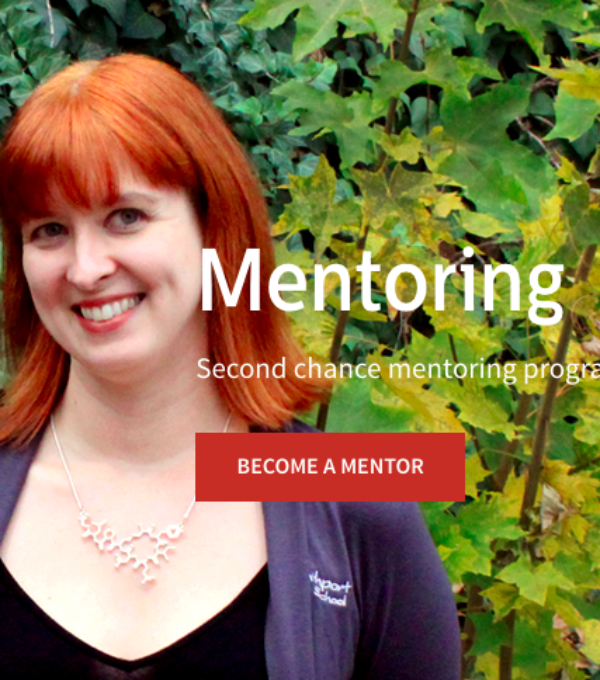
With videos, infographics, photographs, flashcard testimonials, and more, Volunteers of America of…
Read More
People who are returning to Baton Rouge and New Orleans, Louisiana, from…
Read More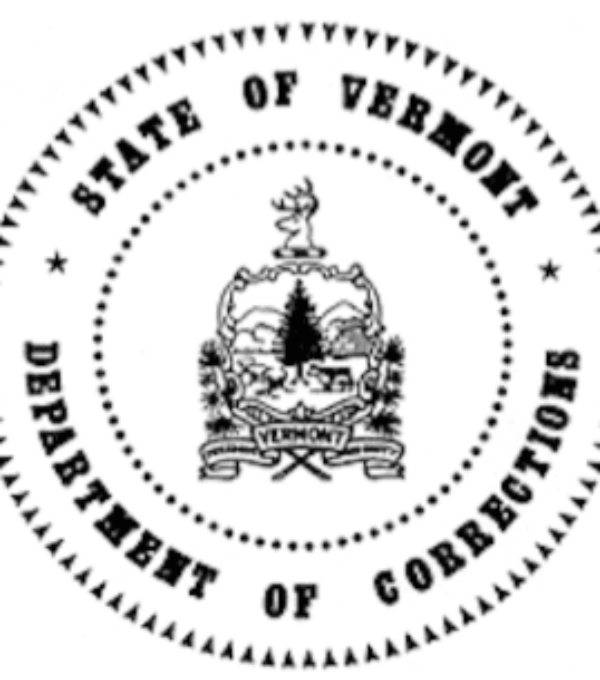
The Vermont DOC organized volunteers from local communities into citizen-based boards, which…
Read More
Washington is one state that has been deliberate in its efforts to…
Read More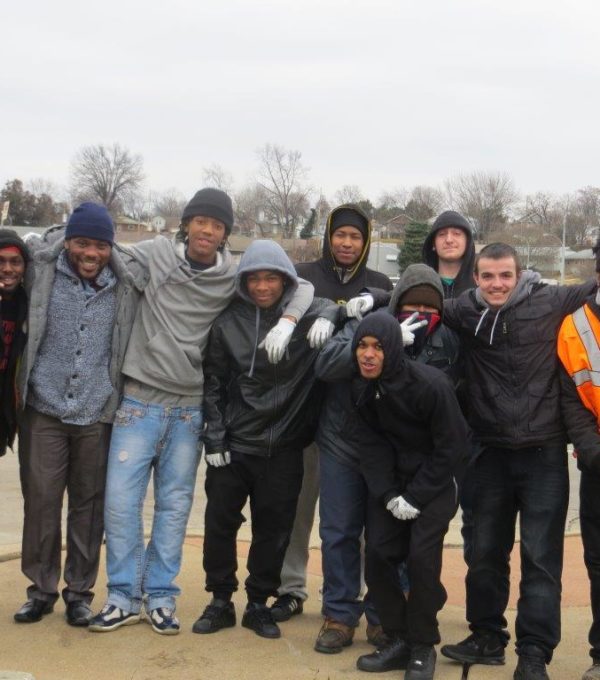
From Prison to Prosperity, a new program offered by the St. Louis…
Read More
When Toby Jones first meets her clients, she finds that many of…
Read More
RESET, which is funded by a 2014 Second Chance Act grant, is…
Read More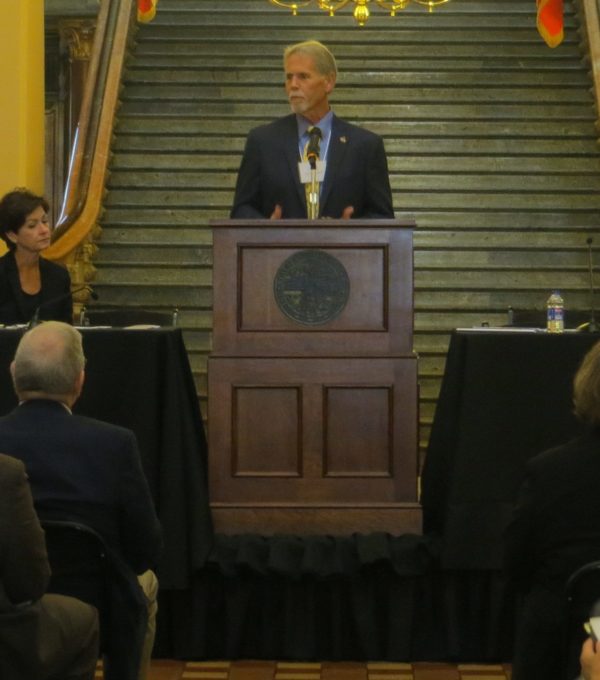
Twenty-eight percent of the people released from prison in the State of…
Read More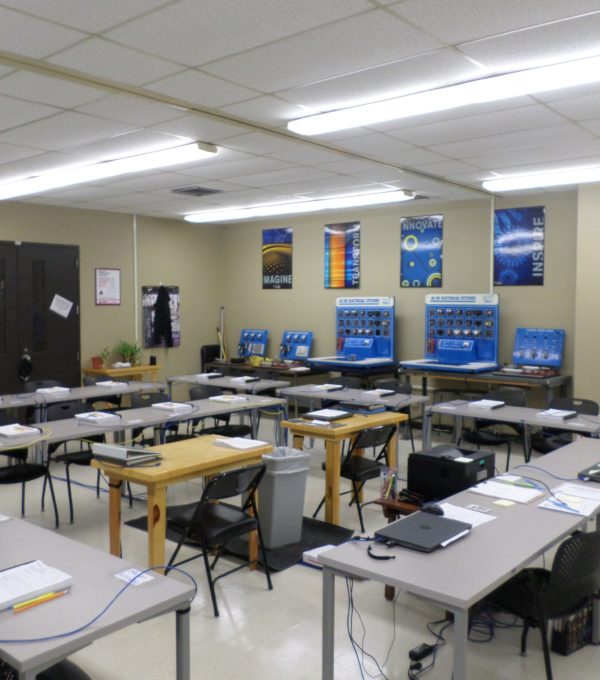
The Topeka Correctional Facility—Kansas’s only female correctional facility—is easing barriers to employment…
Read More
North Carolina, Virginia, and Iowa have been chosen by the Office of…
Read More
“The timing of the pope’s visit puts the spotlight on the crucial…
Read More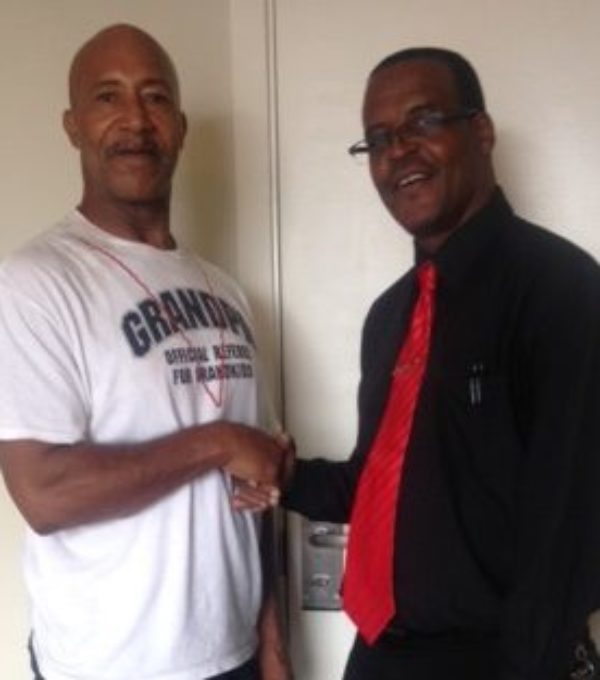
Through pre- and post-incarceration services, Just In Reach creates a stable environment…
Read More
At Detroit Central City Community Mental Health in Wayne County, Michigan, clients…
Read More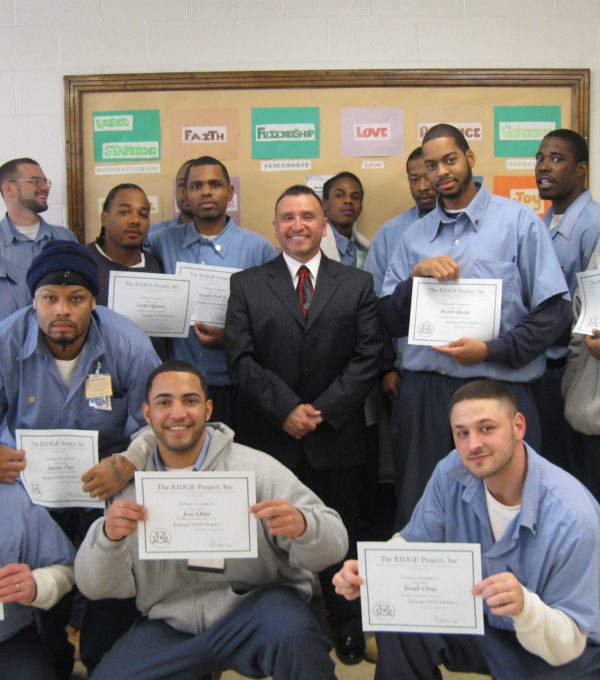
The RIDGE Project is today divided into an adult division, a workforce…
Read More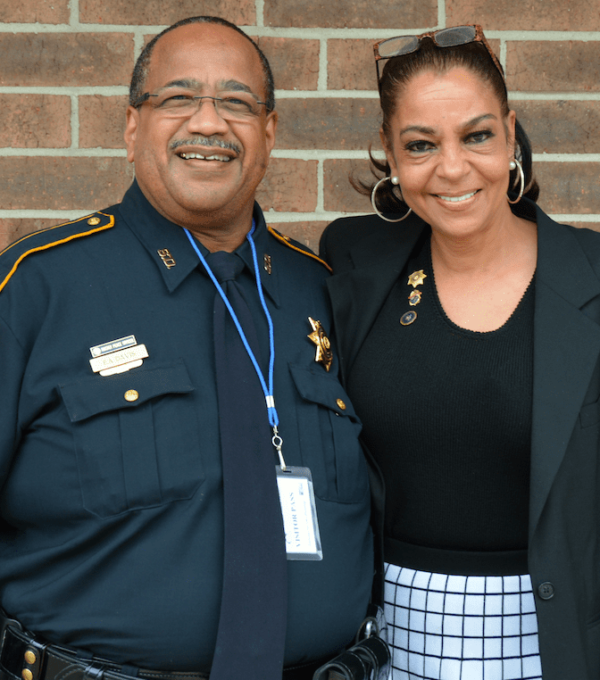
Santa Maria’s Path to Recovery Program, which received a 2013 Second Chance…
Read More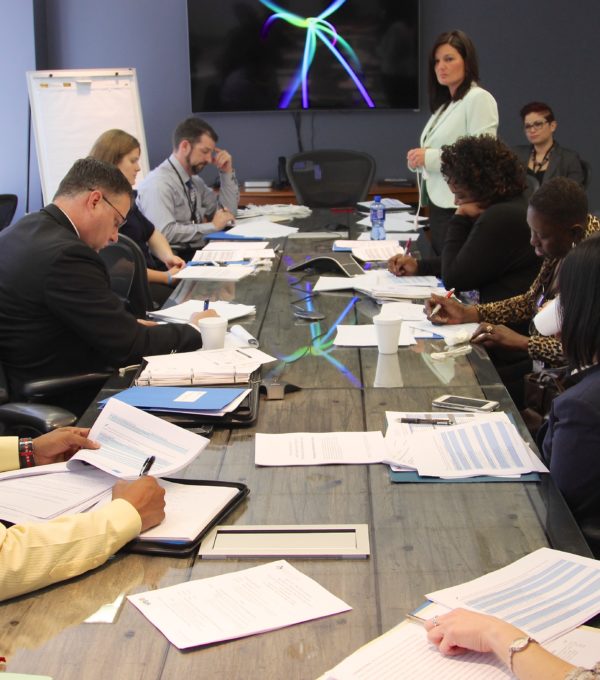
State and local agencies that were awarded a 2014 Second Chance Act…
Read More
As part of Governor Dannel Malloy’s Second Chance Society reentry initiative, Connecticut…
Read More
Working I.T. Out’s job readiness training, which focuses in part on hard…
Read More
Every year, the Juvenile Justice Center Wraparound Program in Oakland, California, provides…
Read More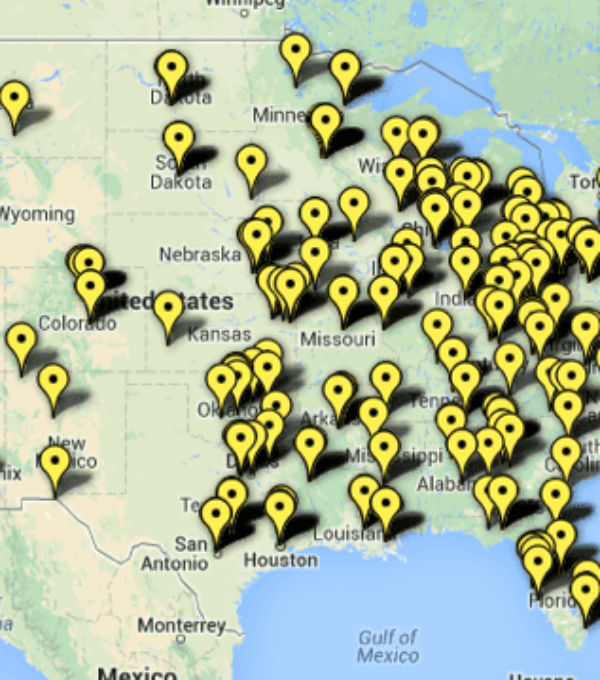
In October 2013, 104 government agencies and nonprofit organizations across the country…
Read More
In May 2013, Nebraska Governor Dave Heineman signed into law Legislative Bill…
Read More
The Massachusetts Department of Youth Services (DYS), in partnership with the Commonwealth…
Read MoreIn response to growing calls for police reform in New Jersey, particularly following the shootings of Najee Seabrooks…
Read More Three Things to Know About New Jersey’s Groundbreaking Community Response Legislation
Three Things to Know About New Jersey’s Groundbreaking Community Response Legislation
In response to growing calls for police reform in New Jersey, particularly…
Read More Apply Now: Join a Learning Community for Community and Crisis Response Teams to Improve Responses to Youth
Read More
Apply Now: Join a Learning Community for Community and Crisis Response Teams to Improve Responses to Youth
Read More














